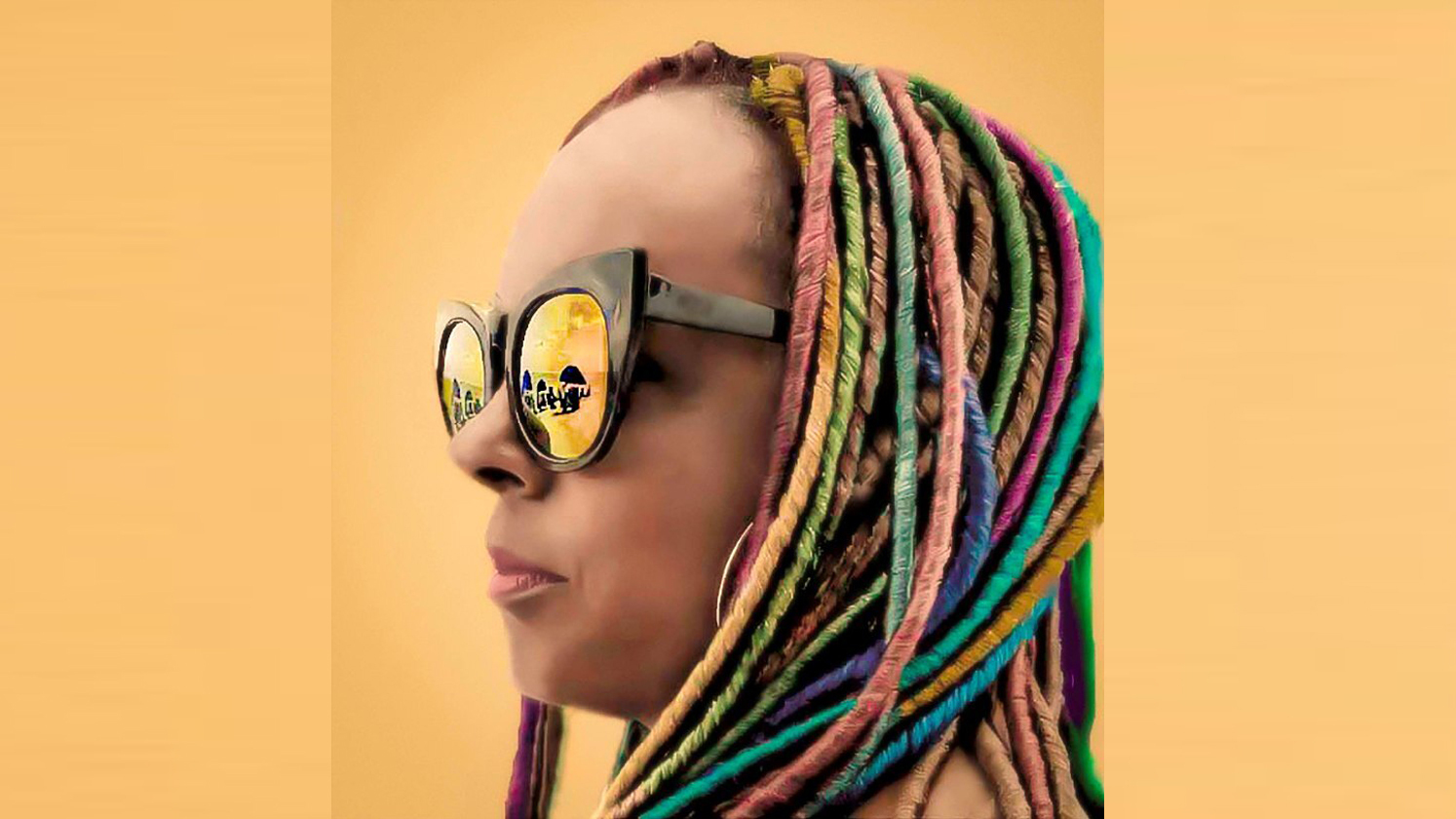Is it safe to use hair dye?

Dying your hair may be a rite of passage for teenagers testing out their style and a way to cover up grays for older women. But is hair dye bad for your health?
"There's a lot of controversy in terms of the health risk posed by hair dye," said Dr. Shilpi Khetarpal, a dermatologist at Cleveland Clinic.
Decades ago, old hair dye products were found to contain carcinogens, but nowadays, the connection between certain dye ingredients and cancer is more challenging to pinpoint.
Related: Why is hair parted?
In the late 1970s, researchers found that several chemicals in hair dye, such as 4-MMPD and 2,4-toluenediamine, increased cancer risk in lab animals, so manufacturers removed them from their products. Now, there is little evidence for a link between the two.
Some research does suggest a possible link between hair dye use and bladder cancer. Several studies have shown that salon stylists who dye clients' hair, and thus are exposed to hair dye on a regular basis, have "a small but fairly consistent increased risk of bladder cancer risk" compared with the general public, according to the American Cancer Society (ACS). Research has found no such link between personal hair dye use and bladder cancer, according to a 2008 meta-analysis of 12 studies in the journal Cancer Causes & Control.
Studies investigating the relationship between hair dye and breast cancer and blood-related cancers have found mixed results and no conclusive evidence to suggest a link. There is not enough data available for other types of cancers, the ACS reported.
Get the world’s most fascinating discoveries delivered straight to your inbox.
"Based on the research, it's really not clear how much individual personal hair dye use might raise cancer risk, if at all," Khetarpal told Live Science. "Most of the studies did not find a strong link." The International Agency for Research on Cancer, a subsection of the World Health Organization, has not classified hair dye in relation to cancer risk, stating that there is not enough evidence.
The other major health concern about hair dye is that some people are allergic to its ingredients, Khetarpal said. Most people who react to hair dye are allergic to the chemical paraphenylenediamine (PPD). "It's a relatively common ingredient in many darker hair dyes," Khetarpal said. People who are allergic to this chemical may experience itchiness, skin redness, eczema and hives, according to a 2018 study published in the Annals of Dermatology. When using a hair dye for the first time or when switching to a new brand, do a patch test first by dabbing a bit of dye behind your ear and waiting 48 hours to see if you develop an allergic reaction, Khetarpal said.
Hair dye can also irritate skin if applied incorrectly. So, here are some tips: to protect your hands, always wear gloves while applying hair dye; permanent and semi-permanent dyes can cause a chemical burn on the scalp if left on for too long, so use a temporary dye the first time you dye your hair at home to practice the technique, Khetarpal recommended.
Moreover, don't dye your eyebrows because the hair is too thin. Never mix dyes, so if you want a custom color, it's best to visit a salon. Otherwise, there is no safety difference between boxed dyes and salon hair dyes, Khetarpal said.
Originally published on Live Science.

Tyler Santora is a freelance science and health journalist based out of Colorado. They write for publications such as Scientific American, Nature Medicine, Medscape, Undark, Popular Science, Audubon magazine, and many more. Previously, Tyler was the health and science Editor for Fatherly. They graduated from Oberlin College with a bachelor's degree in biology and New York University with a master's in science journalism.
 Live Science Plus
Live Science Plus






